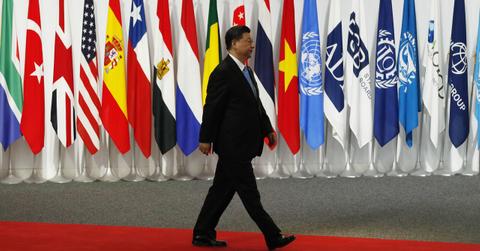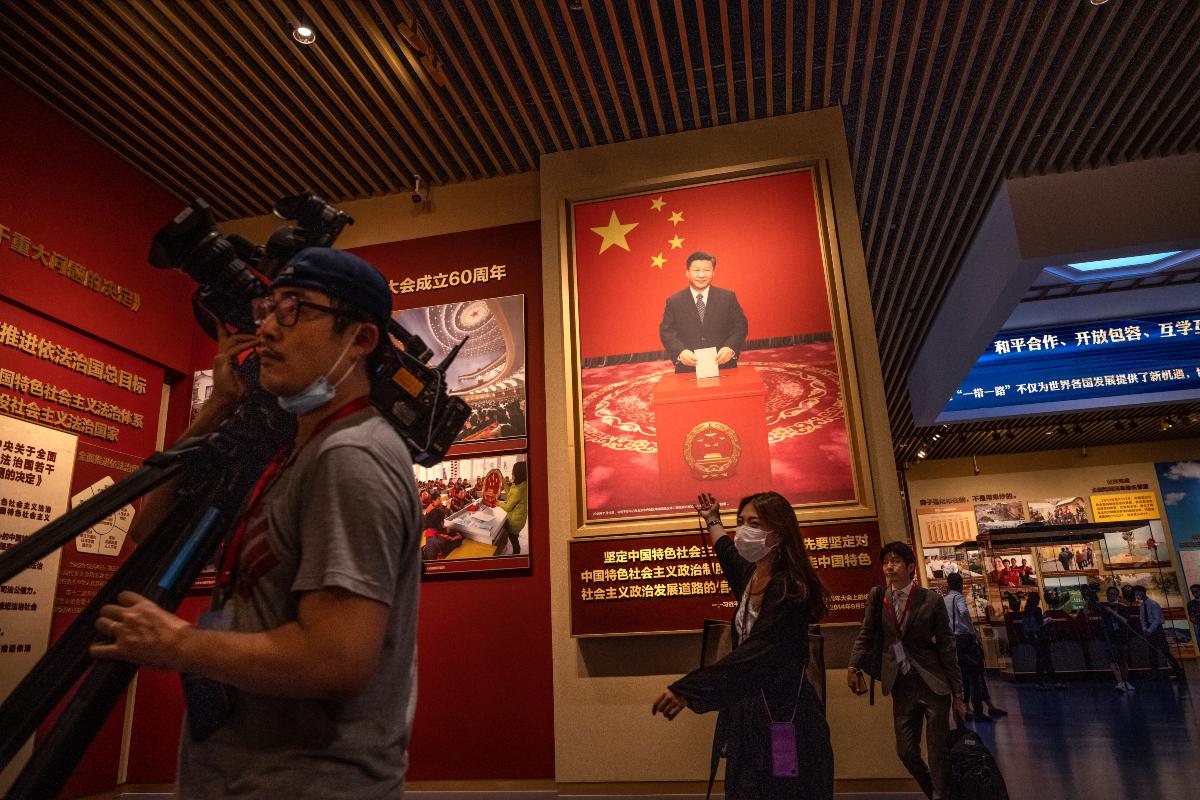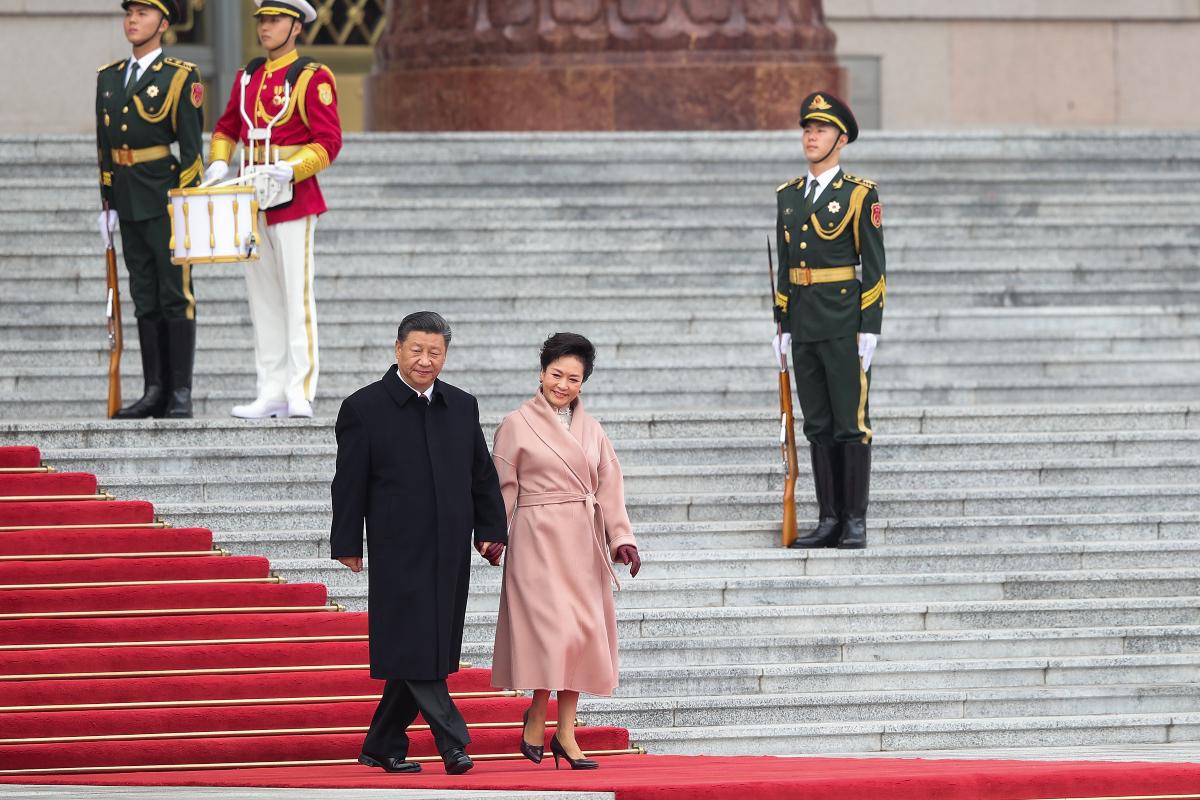President Xi Jinping Uncovered as He Tightens the Ropes in China
Chinese President Xi Jinping is a powerful leader. Here are details about his net worth, family, and political beliefs.
Nov. 11 2021, Published 12:10 p.m. ET

Chinese President Xi Jinping is the most powerful leader in the country since Mao Zedong. While he's the leader of the second-biggest economy and a rising superpower, little information is known about him in the U.S. Here are the details about his net worth, family, and political beliefs.
Xi Jinping
Chinese president
Net worth: $1.1 million
Xi Jinping is the strongest Chinese leader in decades and is currently in his second term. He has removed the two-term limit and can become the president again. Under his watch, China has taken a hard left turn, reversing some of the previous gains.
Former President Donald Trump had mixed feelings towards President Xi Jinping and he described him as a “friend” as well as an “enemy" on different occasions. However, the U.S. and China signed the historical trade deal under Trump’s watch even though China hasn’t fulfilled its commitments under the deal.
Xi Jinping's net worth
We don’t have any credible reports on President Jinping’s net worth. However, Celebrity Net Worth estimates that his net worth is $1 million. It also listed his annual salary as $22,000. While the salary might sound too low for the president of the world’s second-largest economy, it should be read in the context of the communist ideology.
Equitable wealth distribution is among the key pillars of communism. If anything, China has taken a hard left turn under Jinping’s presidency. He's pushing forward with the “common prosperity” objective, which was among the reasons behind the tech crackdown in China.
Wealth inequality has been on the rise in China. The country gradually opened for investments and a new breed of tech entrepreneurs emerged in the country. The “disappearance” of Alibaba’s co-founder Jack Ma was a testimony to the cost of being an outspoken billionaire in China.
Apart from the $2.8 billion antitrust fine, Alibaba has also “voluntarily” announced investing $15.5 billion towards the “common prosperity” drive.
Xi Jinping's wife
Peng Liyuan, the famous Chinese folksinger, is President Jinping’s wife. The two married in 1987 in a simple ceremony, which also reflects President Jinping’s strong ideological leanings. The two share a cordial relationship and President Jinping has placed a lot of emphasis on family values.
President Jinping has one daughter.
President Jinping and Peng Liyuan have a daughter named Xi Mingze. She was born in 1992 and has largely maintained a low profile unlike children of leaders in the Western world. She traveled to study in the U.S. in 2010 under a pseudonym. She's apparently surrounded by guards around the clock to protect her privacy.
When did Xi Jinping become the Chinese president?
Jinping became the Chinese president in 2013 and was re-elected in 2018 for a second term. Like the U.S., China also had a two-term limit on the presidency. However, President Jinping removed that clause and could effectively be the president for life.
Xi Jinping’s political leanings
President Jinping is a hardcore communist leader and China is now reversing some of the incremental changes that were made over the last two decades. The county has clamped down on tech companies that seemed to be getting too big for comfort.
President Jinping is also against any speculative activity, especially in housing. He thinks that houses are for habitation and not speculation. The country has also clamped down on cryptocurrency trading and mining.
The more controversial and dangerous aspects of President Jinping’s policy are national security and foreign policy. China has taken an aggressive posture against Taiwan and clamped down on Hong Kong dissidents. Under his watch, there was a violent clash with Indian border troops for the first time in decades.
The west is aware of China's expansionist foreign policy. The U.S, Japan, India, and Australia have come together to form a group to contain China’s rise.


